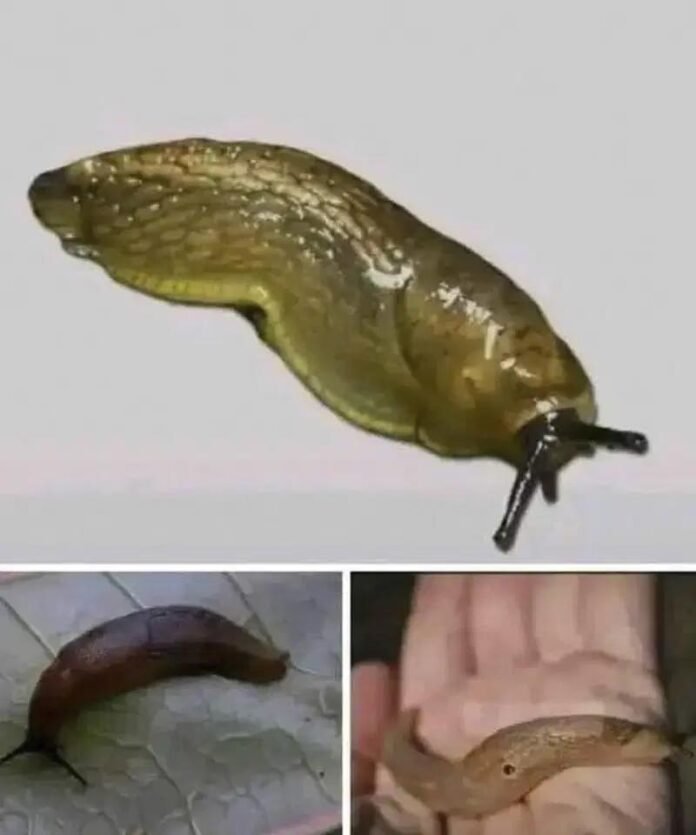For most people, the sight of a slug brings one reaction: a grimace. Slimy, slow-moving, and usually spotted after a rainstorm or nestled in the garden, these creatures aren’t likely to win any beauty contests. But what if we told you that slugs—those humble, slippery beings—are quietly playing vital roles in our ecosystem, our skin care products, and even scientific research?
Yes, truly.
Whether you’re a curious gardener or simply someone interested in the lesser-known wonders of the natural world, there’s more to the slug than meets the eye. These misunderstood creatures are doing far more than sliding along the sidewalk—they’re cleaning up nature, feeding wildlife, helping doctors, and even inspiring breakthroughs in neuroscience.
Let’s take a closer look at the remarkable role of slugs—and why they deserve a bit more appreciation than they usually get.
Nature’s Quiet Custodians
If you enjoy a beautiful garden, vibrant forests, or healthy soil, chances are slugs have had a hand—or a slime trail—in making it so.
Slugs are natural recyclers, feeding on fallen leaves, fungi, algae, and decaying plant material. They break down organic waste and return essential nutrients to the soil, acting as miniature compost machines. In this way, they improve soil fertility and contribute to plant growth—without any recognition.
Think of slugs as nature’s clean-up crew. While they may not look the part, they’re doing the hard work of restoring balance and recycling organic matter right beneath our feet.
What slugs do at the end of the day is simple—but profound: they keep the cycle of life moving forward.
An Unsung Hero in the Food Chain
While slugs may not be welcome in your lettuce patch, they’re absolutely welcome in the diet of many wild animals.
Birds, toads, hedgehogs, frogs, and beetles all rely on slugs as a steady, reliable food source. In turn, those predators help control pests and maintain a thriving ecological balance.
If you remove slugs from this chain, you’re not just erasing a single species—you’re disrupting a food web that impacts everything from backyard birds to native amphibians.
Nature doesn’t waste. Every creature has a role, and the humble slug is no exception.
Slug Slime: From Garden Nuisance to Skin Care Gold
Now, here’s where things get truly fascinating. That slime you wrinkle your nose at? It’s gaining attention in medicine and cosmetic science for its impressive properties.
Slug slime—yes, the sticky trail they leave behind—is more than just goo. It contains natural enzymes that exhibit:
- Antibacterial effects
- Anti-inflammatory properties
- Tissue-regenerating abilities
These qualities are now being studied for medical applications such as wound healing, scar reduction, and even post-surgical treatments.
And in the beauty world? Slug slime contains hyaluronic acid, antioxidants, and other beneficial compounds—very similar to those found in snail mucin, a popular ingredient in moisturizers and anti-aging creams.
Skincare companies are exploring slug-based ingredients to help improve skin hydration, elasticity, and healing. What was once garden gunk may soon be part of your nighttime routine.
A Window into the Human Brain
Beyond the garden and lab, slugs have also played a surprising role in neuroscience research.
Thanks to their relatively simple nervous systems, slugs—and their close relatives, sea slugs—have been used as model organisms to study learning, memory, and neural pathways. Their brains may be small, but the simplicity allows scientists to track how nerve cells fire, store memories, and adapt to change.
This research has helped advance our understanding of:
- Alzheimer’s disease
- Memory loss
- Neural regeneration
By studying how slugs process information and respond to stimuli, researchers have gained insights into some of the most complex human brain functions.
It’s astonishing to think that such a slow and unassuming creature has contributed to something as profound as the study of memory itself.
Reconsidering the Humble Slug
It’s easy to dismiss slugs as pests or simply nuisances. But the truth is, they play a far more important role in the world than many of us realize.
They:
- Recycle organic matter and enrich the soil
- Provide food for a wide range of wildlife
- Offer valuable substances for medicine and skincare
- Help scientists unlock mysteries of the brain
In other words, slugs are not just useful—they’re essential.
Finding Beauty in the Unnoticed
There’s a quiet lesson hidden in the story of the slug: value isn’t always flashy. Sometimes, the most important work is done out of sight, in silence, and without applause.
We often look for wonder in grand landscapes or powerful animals. But wonder also exists in the small and slimy, the slow and unnoticed.
So the next time you see a slug crossing your sidewalk or nestled in your garden bed, pause before reaching for the salt. Consider, instead, the many ways this little creature is serving your world—quietly, persistently, and with more significance than you ever imagined.



